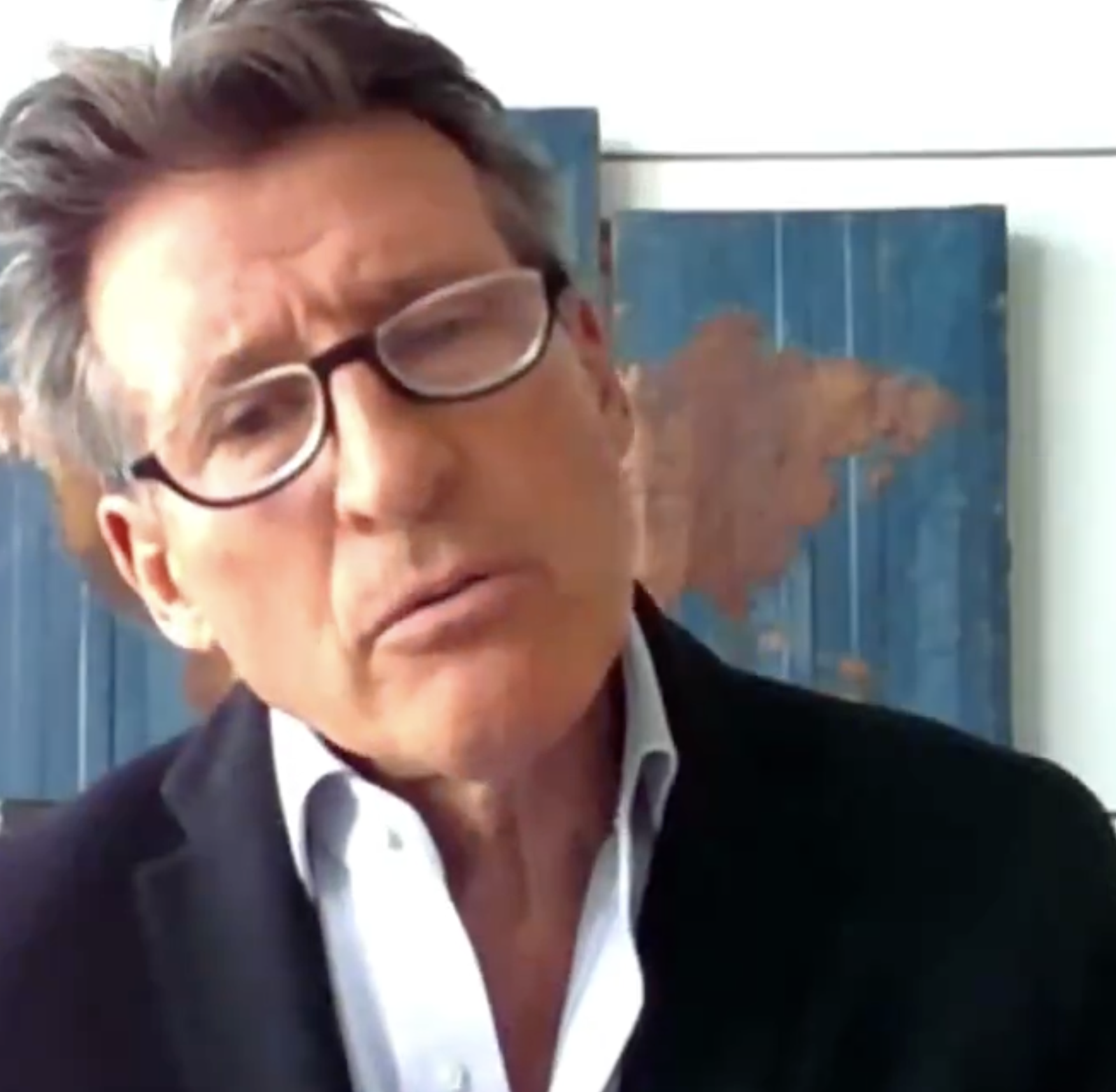A few weeks back came the announcement of the Friendship Games, to be held in Russia in September. Total prize money across all sports: $100 million. Winners get $40,000. Second place, $25,000. Third: $17,000.
On Wednesday, World Athletics, the No. 1 sport in the Olympic landscape, made a precedent-setting move, announcing it would pay gold medalists at the Paris Games. Total prize money: $2.4 million. Winners across each of the four dozen track and field events will receive $50,000 each. Relay teams will split the $50k. Starting in Los Angeles in 2028, silver and bronze medalists will also be paid.
The timing may seem like World Athletics is following the Russians. To be clear, very clear: it is not.
“I have to accept the world has changed,” World Athletics president Sebastian Coe said Wednesday in an interview with Steve Scott at ITV.










